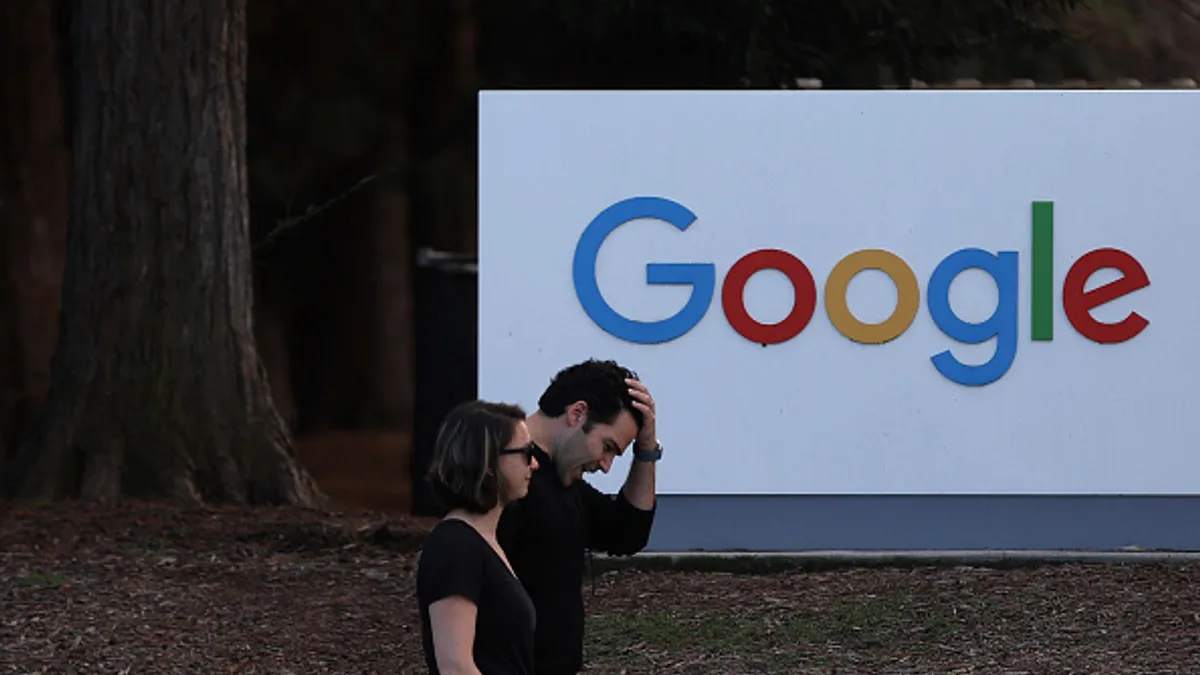Google Q1 Ad Revenue Exceeds Expectations Despite Challenges
Google's advertising business demonstrated resilience in Q1 2025, exceeding revenue expectations despite macroeconomic uncertainty and ongoing regulatory pressures. Parent company Alphabet reported ad revenue of $66.89 billion.
Strong Growth in Search and YouTube
Search, Google's largest ad segment, generated $50.7 billion in revenue, a 9.8% year-over-year increase. This growth was primarily driven by spending from financial services and retail brands. YouTube advertising revenue also saw strong growth, reaching $8.9 billion, a 10.3% increase year-over-year, fueled by demand for both direct response and brand advertising.
Macroeconomic and Regulatory Headwinds
Despite the positive Q1 results, Google acknowledges potential headwinds. Macroeconomic volatility could impact future ad spending. Additionally, the company faces ongoing antitrust scrutiny related to its search and ad-tech businesses.
Q1 Performance and Future Outlook
Alphabet's total Q1 revenue reached $90.2 billion, a 12% increase year-over-year, marking a strong rebound from a slower holiday period. While the company remains optimistic, executives cautioned about the potential impact of macroeconomic factors and regulatory actions.
“We’re obviously not immune to the macro environment...the changes to the de minimis exemption will obviously cause slight headwind to our ads business in 2025, primarily from APAC-based retailers,” said Chief Business Officer Philipp Schindler.
Google also faces ongoing legal challenges related to its alleged monopoly in ad-tech and search. While remedies are still being determined, these regulatory actions could lead to significant changes in the company's structure.
Despite these challenges, analysts remain confident in Google's long-term prospects. The company's strong Q1 performance underscores the resilience of its core advertising business.
In other news, Google recently confirmed it will retain third-party cookies in Chrome, ending speculation about their removal. This decision has significant implications for advertisers and the broader digital advertising landscape.







